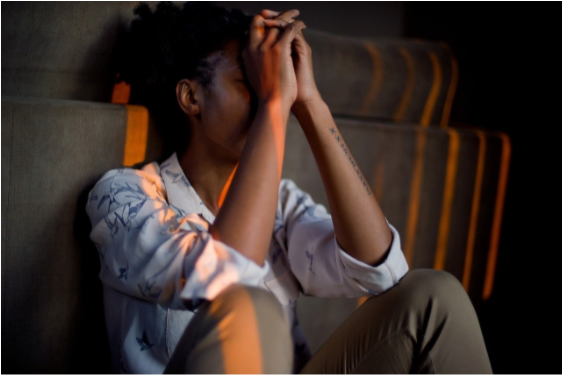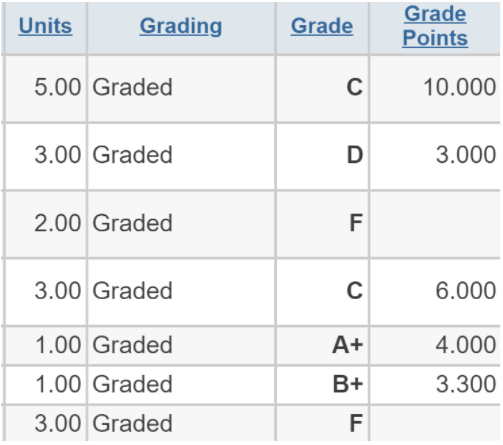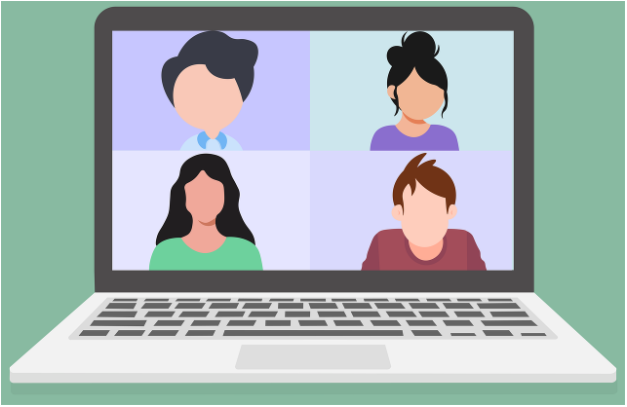
COVID-19 virus pandemic is the worst ever in the history of planet Earth. It has not only affected physical health but psychological symptoms like anger, grief and shock are apparent among all age groups of people. The symptoms were most prominent among students who had to leave their schools or colleges where they studied for many years. They did not have any option as the schools and colleges were closed down. The in-depth study found that the COVID-19 pandemic had affected their mental health as well as their lifestyle.
In the beginning, everyone was advised to avoid crowded places so as not to contract the virus from others. After a few days, when it became evident that the COVID-19 pandemic was spreading everywhere, people started to avoid normal social interactions as well as their daily activities. It was a period of grief for many families where they lost members who died from the virus or those left behind because they were infected with it.
The schools and colleges were ordered closed by governments fearing that if students continued to come to schools and colleges, the viral infection will spread from one place to another. The media was not allowed to publish news related to the COVID-19 pandemic as it was considered a threat to public safety as well as national security. The government feared that if people were aware of the real situation they would panic and create more chaos in the already critical condition.
How did the pandemic affect the learning outcomes of students?

The COVID-19 virus pandemic was so widespread that people in many parts of the world were killed by it. Schools and colleges in various countries closed for an indefinite period because most teachers or students contracted the disease. These schools or colleges reopened once per week to take classes for several batches of students at a time. It was not possible to have classes on a daily basis.
Many teachers of schools and colleges had contracted the virus too. Because of this, it was decided that only those teachers who were physically fit must continue to take classes or face disciplinary action if they failed to do so.
Students who had just lost their parents due to the pandemic were given counselling by experts on how to cope with the situation. How to overcome grief and begin a new life was explained in detail to them by counsellors. Since completing their studies without teachers’ support would be difficult, students were advised to take classes whenever possible so that the gap of learning was not too big for them.
What are some lifestyle changes students had to make due to the COVID-19 pandemic?
Following lifestyle changes were suggested to the students and other citizens due to the COVID-19 pandemic:
- Avoid using public transport like buses, trains or aeroplanes as it would be very difficult for them to escape from infection if any of their fellow passengers were sick with the COVID-19 virus. They should limit travelling only when it is very necessary.
- Avoid visiting crowded places like malls, cinema halls or stadiums for enjoying sports events. Unnecessary exposure to large crowds of people would increase the risk of contracting the COVID-19 virus from someone else.
- Use hand sanitisers wherever possible to avoid contact with any kind of germs that may infect them. Hands should always be washed with soap and water after using sanitisers.
- Avoid standing close to someone as the COVID-19 pandemic made normal behaviour impossible for many people. They were careless about keeping distance from those who were infected by the virus, either through physical contact or through droplets of nasal secretions. For instance, those suffering from cold or flu created splatters of snot on whatever they touched or sneezed on others, unknowingly.
- Use masks wherever needed to prevent them from contracting the COVID-19 pandemic that was making people sick.
- Avoid touching their eyes unless the hands are properly washed with soap and water first. It was evident that many who had become sick with the COVID-19 virus had irritated and inflamed eyes.
- Keep their surroundings clean by cleaning up spills immediately and disposing of garbage properly to avoid contracting viral infections or bacterial diseases that spread through airborne droplets.
- Learn online. When offline classes were not possible anymore for an extended period of time, schools and colleges were forced to go online. Teachers and students had to struggle with network problems initially but gradually, they got used to it. This change in the education system benefited students as they had more liberty of learning at their own pace and time without following rules set by the schools or colleges.
- Living together with family members who were not infected yet was an experience in itself. Some students came closer to their family members while some were stuck in abusive households.
While all these changes were necessary, they did stress out people – especially students of all ages.
How did the pandemic affect the students’ psychology?

Students who were caught in the middle of a family crisis due to the COVID-19 pandemic were under severe psychological distress. It was also accepted that it would take time for them to recover from this emotional trauma.
Students had been taught how to protect themselves from falling sick due to the virus by their teachers and counsellors. However, the overwhelming fear of infection was making it impossible for them to focus on learning or studying. They were not able to concentrate on their daily studies, despite being advised by all concerned to do so to have a normal life back again.
Many schools had extended their vacation periods due to the COVID-19 pandemic that killed many of their teachers and students also. It was decided that classes should resume after the end of vacations. Students were told to focus on their studies and their daily routine, even though it would be difficult for them.
Since many students had lost their parents too due to the COVID-19 pandemic, they felt helpless and desolate. Counselling sessions were conducted at schools to help the students to express their grief through art, dance or music.
Lockdowns and constant media coverage of the pandemic stressed students out
Being stuck at home has been difficult for young, energetic kids, teens, and young adults. Some schools cancelled classes for longer than others. Some students couldn’t handle the stress and anxiety of being locked in a room for so long. The only way they could keep a semblance of normalcy was to sneak out, or at least talk to each other by going on social media platforms such as Twitter.
Lockdowns have become routine for many school systems in the United States. Children are growing up with this fear of being trapped inside their school because of the COVID-19 virus. Many of them missed their proms and graduation ceremonies.
Many of these students had to go on anti-depression medications because of the trauma that they have suffered through this pandemic period. The virus has affected young students in various ways, some of which are psychological issues such as feeling helplessness and despair.
Students and teachers found it difficult to transition to the online education system

Schools had to take many steps in this regard. To facilitate students, tests were conducted online by schools so that they could avoid any kind of pressure and focus on their studies only.
It was not easy to go online for everyone. Some schools, teachers and students lacked proper resources. Teachers lacked the training to take online classes. Many students lacked the resources to access online classes, notes, and books shared by their teachers.
Online study help services like Transtutors also saw a sharp rise during this period. Many students were opting to take help from online tutors instead of their teachers as they were better trained to use technology while teaching. Traditional teachers do not know how to engage students online. Online tutors also offer personalized learning experiences which are not possible in traditional classroom systems.
How to cope with colleges opening up again and what things one should keep in mind?
Most students had dropped out of college or university programs because they were afraid of the COVID-19 pandemic. There was also no proper system in place for colleges to take classes online too. Students should expect some transition period while they resume their regular classroom activities again.
Students should check if their college has any online courses available which can be taken along with their regular college classes. If they do, then they should ask their mentors or counsellors about them to plan out a suitable academic calendar for themselves.
It is also advised that students should attend some classes offline and some online – to not crowd universities as they start opening up. They should also not be overenthusiastic about campuses opening up and avoid events, conferences, and big gatherings. This will help them to avoid any further infections.
If colleges do not have any online courses, then students should prepare themselves for an extended semester or academic year. The safety aspect is very important here as they are likely to come across infected people in their path. Some students may also consider taking up jobs during the holidays so that they can earn some money and save up to pay tuition fees when colleges reopen.



0 responses on "How COVID-19 Pandemic Has Affected the Mental Health and Lifestyle of Students?"